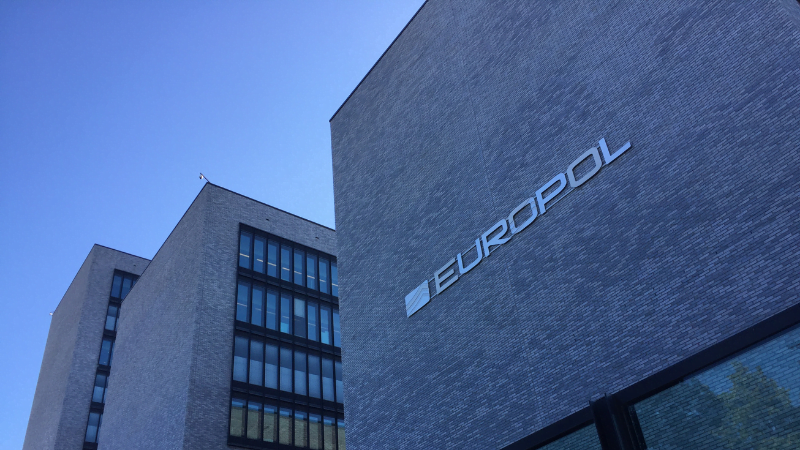As the EU begins to release €750 billion in EU funds as part of its COVID-19 recovery plan (known as NextGenerationEU) to help the economies of member states recover from the effects of the pandemic, an analysis by the Italian police is warning of the mafia’s attempts to exploit these funds.
The study carried out by Vittorio Rizzi, Deputy Director-General of Police and Director of the Criminal Police in Italy, found that a number of post-pandemic changes to business structures could be an indication that organised crime is trying to infiltrate the legal economy in order to access these critical EU funds and is urging his counterparts in Europe to be extremely vigilant of the warning signs.
While the analysis was carried out with data from Italy, the reach of organised criminal groups extends well beyond the peninsula, and this latest analysis was one of the topics discussed during the fifth meeting of EUROPOL’s Working Group on COVID-19 Crime Threats and Law Enforcement Responses.
The group, which is co-led by Italy and EUROPOL, was set up last year to focus on responding to pandemic-based criminal threats. It includes the participation of police chiefs from Austria, France, Germany, the Netherlands, Poland, Portugal, Spain, Switzerland, the United Kingdom, and INTERPOL.
In the group’s latest meeting, two main topics were discussed: corporate changes as a possible indicator of infiltration of organised crime into the economy, and fraud involving economic support that was secured at a national level to mitigate the negative economic impact of the pandemic.
A sample study carried out by Italy’s law enforcement took into account those changes that have the greatest impact on the management of a company and could therefore be symptomatic of criminal influence. These include: the turnover of offices, the turnover of shareholdings, transfers of quotas, transfers of companies and of headquarters, changes in the nature of the company’s activities, and changes in the size of the company as well as transfers or changes in legal status and/or share capital.
Ownership changes in the restaurant and hotel industries in four parts of Italy between October 2020 and March of this year, found that a quarter of the 2,591 people involved potentially had direct or indirect mafia links or criminal records for financial offences, the study found.
Malta’s ties to Italian mafia groups
Although Rizzi’s work focuses on Italy, it serves to underscore the tactics of crime groups used during the pandemic and he urges other European partners, including Germany, France, and the UK to improve their defences against mafia takeovers of businesses weakened by the pandemic.
While many of Europe’s best-known mob families continue to be based in southern Italy, members of some organised crime gangs, particularly the Calabria-based ‘Ndrangheta, have expanded across the continent, including in Malta, partly in response to recent crackdowns at home.
Malta’s increased ties to Italy’s organised crime gangs and the ‘Ndrangheta include six companies registered in Malta that in 2015 had their assets seized as part of a clampdown by Italian police on illegal gaming activities and money laundering.
The Santapaola-Ercolano clan also ran an illegal betting empire while basing their servers in Malta and a Maltese company was also identified in a tax evasion scam worth some €600 million. More recently, Malta was involved in an Italian fuel tax fraud investigation worth €1 billion.
Threats to European recovery
Italy and EUROPOL are now looking at the potential threats to Europe’s Crisis Recovery Fund.
“So far we have been analysing potential risks of infiltration into the economy,” said Rizzi during the meeting.
“From now on, the scenario changes because, with the Next Generation EU instrument of €750 billion distributed in Europe, there will be a real risk of pollution of the legal markets and we must intervene so that no euro is taken away from the revival of the economy”.
The meeting also revealed that EUROPOL’s Economic and Financial Crime Analysis Centre (EFECC) already counted 11 attempts to appropriate COVID-19 economic recovery funds in December 2020. In response to these attempts, an operational support model was prepared for member states with the aim of averting any danger of contaminating legal economies.
Catherine De Bolle, EUROPOL’s Executive Director, concluded the meeting by stating: “Criminal networks thrive in times of pandemic: Europol will launch Operation Sentinel from July to December 2021, which aims precisely to stimulate and collect investigations related to fraud on European support funds. It is our duty and responsibility to prevent this danger from becoming a reality”.













